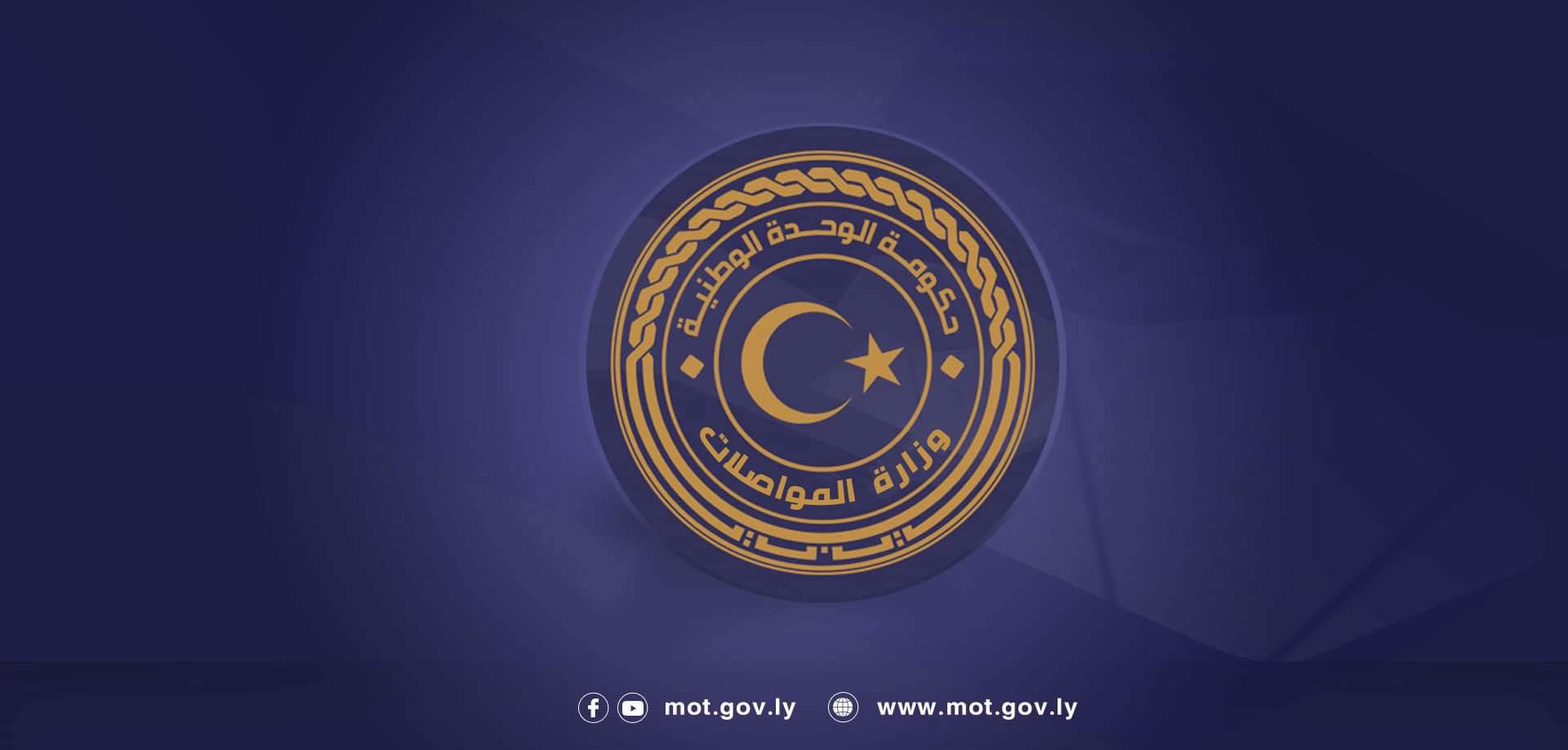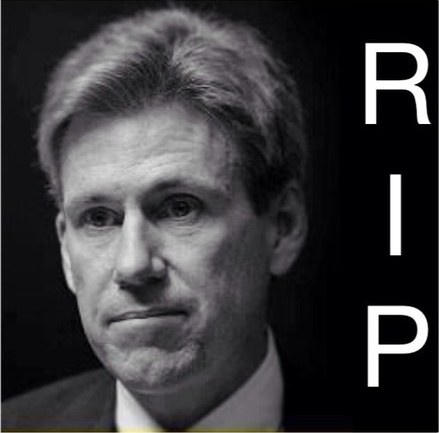By Ashraf Abdul Ahab.
Tripoli, 14 September:
The trials of three senior Qaddafi officials have now been adjourned following defence challenges to the . . .[restrict]legality of the proceedings or because prosecutors want more time to gather new witness statements.
This week, the cases of the former foreign minister Abdel-Ati al-Obeidi and former Secretary General of the General People’s Congress, Mohammed Zwai were adjourned. Obeidi and Zwai are accused in connection with the $2.7 billion in compensation payments for families of those killed in the 1988 Lockerbie bombing, charges which they both deny. Their trial has been adjourned until 15 October.
The trial of Qaddafi’s External Security Chief, Abu-Zeid Omar Dorda, was also adjourned indefinitely this week, following a challenge from his lawyer regarding the legality of the proceedings.
After deliberation, the judge decided to suspend the court proceedings. The case is now adjourned pending the outcome of the appeal to the Supreme Constitutional Court, over the wording of Article II of law 7 relating to the abolition of the People’s Court.
The public prosecutor also demanded more time to provide testimonies from new witnesses that have recently been arrested, some of whom were officers in Dorda’s External Security Department. The prosecutor stated that they had confessed that they took their orders personally from the accused and received weapons which they then distributed amongst brigades which had been formed to fight against the revolutionaries.
This is the fifth time that Dorda’s case has been adjourned. Dorda is accused of issuing orders to security forces to use live ammunition against demonstrators last year. There are five further charges against him, including killing civilians, providing weapons to kill civilians, and conspiring to provoke civil war. Dorda was the first senior Qaddafi’s official to face public trial over the old regime’s response to the 2011 uprising.
The Ministry of Justice has recently indicated that trials currently underway in the country may be invalid, because the necessary legal processes were not followed.
The impact of the delays in these legal proceedings may serve to convince some observers, who feared mere show trials, that the Libyan judiciary is actually going out of its way to get the prosecutions right. [/restrict]









